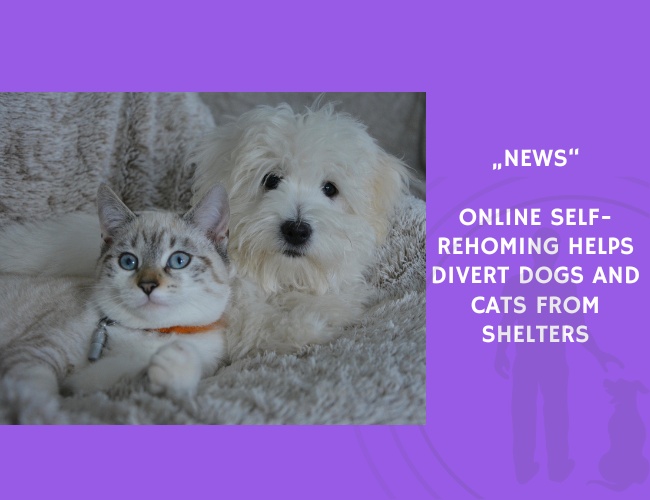Lexis H. Ly and Alexandra Protopopova (2023) analyzed over 148,000 animals listed on the AdoptaPet.com “Rehome” platform to identify predictors of successful intake diversion. Published in Animal Welfare, the study offers one of the most comprehensive evaluations of supported self-rehoming systems.
The results were promising: 87.1% of dogs and 85.7% of cats were successfully diverted from shelter intake. Interestingly, more than one third of owners—37.8% of dogs and 35.3% of cats—chose to keep their animals after engaging with the platform.
Several factors influenced outcomes. Younger and smaller animals had better chances of rehoming success. Owners who set longer rehoming deadlines (more than eight weeks) were over twice as likely to either keep or adopt out their animals. In addition, owners citing personal circumstances rather than behavioral problems as the reason for surrender were more likely to achieve diversion.
The study concludes that self-rehoming tools can reduce shelter crowding, animal stress, and euthanasia risk. However, animals with traits less preferred by adopters may remain vulnerable, forcing owners to choose between keeping the pet or surrendering it to a shelter.
For shelter professionals, these insights provide valuable guidance on when and how supported self-rehoming may be most effective in easing shelter burden while supporting responsible pet guardianship.
Source: Ly, L. H., & Protopopova, A. (2023). Predictors of successful diversion of cats and dogs away from animal shelter intake: Analysis of data from a self-rehoming website. Journal: Animal Welfare, Volume 32. Publication Date: 2023-02-16. Authors: Lexis H. Ly, Alexandra Protopopova.










